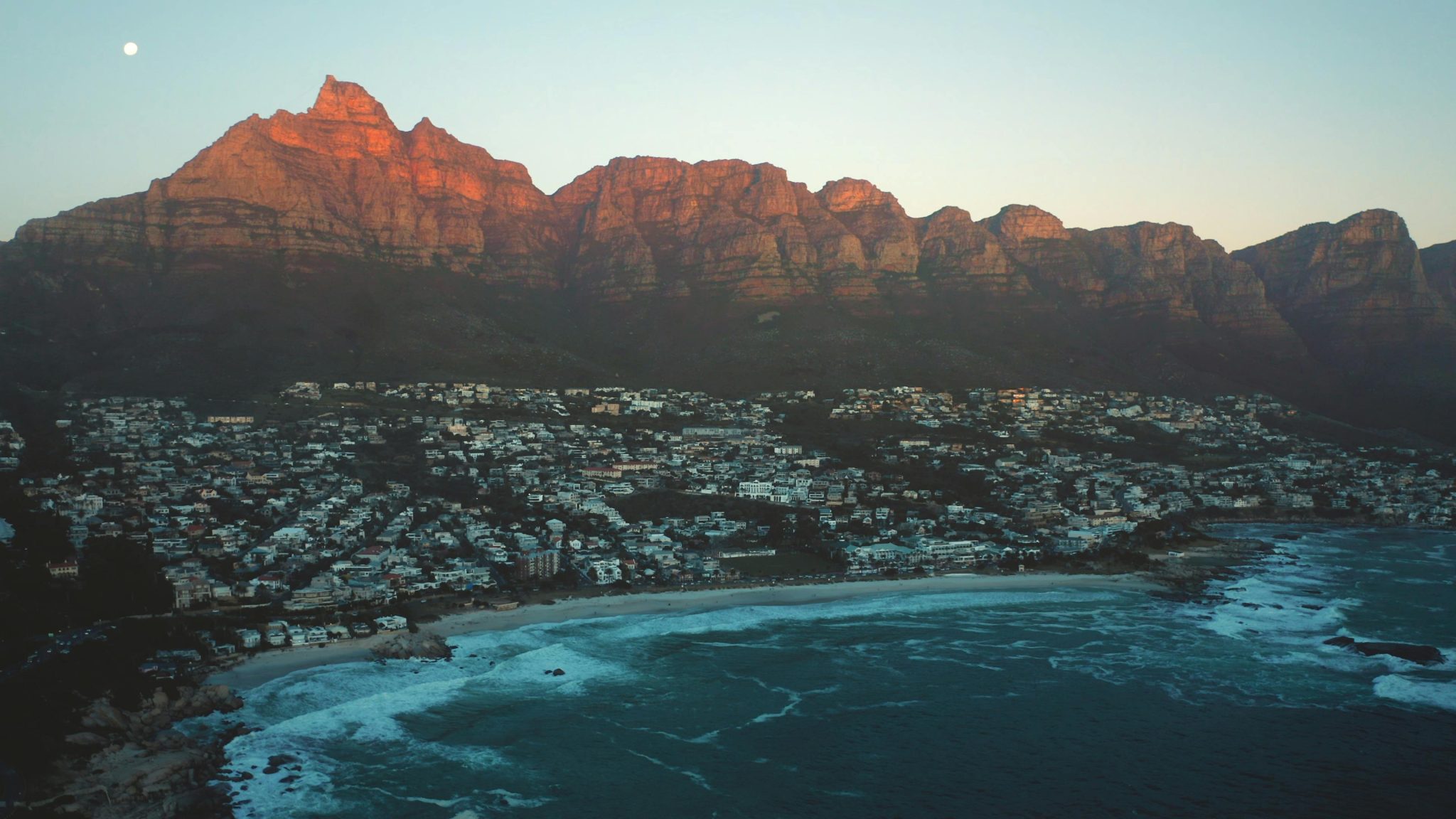Creativity thrives here, creative careers do not. Can we begin taking steps to build the music industry that Cape Town needs?
Originally published on Quiet Life Co‘s Substack Quiet Words from a Noisy Business.
At Let’s Get Local, we’re committed to sharing credible insights that support South Africa’s music ecosystem. We consider Quiet Life Co a trusted voice in music industry education and are pleased to feature selected articles from their newsletter with their permission.
Subscribe here for more stories like this
A crowdfunded trip to perform at SXSW in Austin in 2017 gave me my first experience of the global music business. The atmosphere that year was optimistic. After 15 years of decline driven by file sharing and collapsing CD sales, streaming was finally reversing the trend and industry revenues increased for the two years prior. While major labels were still hanging onto old income streams, many independent artists embraced streaming as a low-cost way to reach global audiences.
I got back to Cape Town with a head full of ideas and an idealistic vision, starting Kudukudu Records. I offered naïvely generous, ‘artist-first’ deals that were unsustainable for the label. Still the work of Kudukudu and our artists gained momentum. The roster’s audience grew steadily, leading to over 10 million streams in our second year and earning five SAMA nominations, with two wins, in just three years.
The success of my small unfunded amateur label was exciting, it never led to financial sustainability, but it did affirm something I’d always felt but never fully understood: Cape Town’s music scene is artistically rich but structurally weak. Its scenes are siloed across genre and race, with few bridges between them and almost no shared infrastructure that supports the city’s musicians as a whole.
My perception shifted again in 2019, when just before lockdown struck, I began working for a well-resourced international label services company. While I was working on digital campaigns, my friends who depended on sessions and gigs were selling their favourite instruments to pay their rent. Even before the pandemic the city’s venues were closing at a rapid pace – The Assembly, Swingers, ROAR, and Blah Blah Bar. Then, with Covid came the fall of Mercury Live, The Fugard, and The Raptor Room. Artist revenue streams vanished overnight, collectives disbanded, and there was a severe decline in mental health across music communities. Experiments with livestreams and a slow return to small-scale shows offered limited financial relief.
When restrictions were relaxed toward the end of 2020, and live music returned, festivals and stadium events recovered quickly, especially in Johannesburg. Cape Town’s recovery has been uneven. While summer festivals are growing beyond pre-pandemic levels, few are centred on live performance. Small-to-mid-sized venues are struggling. But there are signs of hope for live music. Community-focused spaces like The Broke Klubhouse, The Athletic Club & Social, The Commons and Selective Live are building the kind of diverse and inclusive communities that will be required to revitalise our live music industry at a grassroots level. Studios like Concept Records and Sonic Nursery are developing acts alongside a new wave of bedroom producers with more access to online skills development than ever before. Acts like K.Keed, Dee Koala, Kujenga, Internet Girl, LUUKHANYO & The Hii ROLLERS, Jabulile Majola and others are changing the perception of Cape Town’s sound in unique ways.
Despite the promising signs, Cape Town’s music scene has largely been unable to capitalise on industry tides. Sub-Saharan Africa has become the world’s fastest-growing streaming market. Cultural hubs like Lagos and Johannesburg are producing regular breakout artists, exporting the sounds of their cities, while Cape Town has failed to elevate its own unique sounds. This is unsurprising as the country’s industry is centred firmly in Johannesburg, including the African headquarters of all three major labels, Spotify, most major music publicists, the SABC headquarters and more.
The pandemic worsened Cape Town’s problems, but other drivers have long contributed to the decline of our scene. The City of Cape Town’s economic focus on property development and tourism has resulted in a hostile environment that is inadvertently displacing the very culture its tourism promotes. The affordability crisis is pushing the youth communities and cultural institutions that define our creative identity as a city out, leaving only franchises and short-stay developments in its wake.
Our fragmented response to these issues is evidence that we don’t have an industry at all. There is little dialogue about what to do, and too few are actively investing in the structures required to support careers in music. We don’t lack talent or creativity; we lack a collective vision and the professional services to execute it. Will Linley, Internet Girl, Petite Noir and Alice Phoebe Lou are recent reminders that local talent can compete globally, but their success has required international teams and in some cases relocation, to allow them to scale their careers. They are the exceptions that prove the rule: without sufficient local systems to support artists when opportunity strikes, sparks rarely catch fire.
We must encourage the foundation of independent labels, publishers, and managers committed to offering world-class services that are aligned to modern standards and act transparently. We also need properly equipped venues for live music, and for the city to understand its duty to protect them across cultural niches. Without venues that support live music, promoters cannot afford to take on the additional risks that result in higher quality productions, which shapes audiences’ perception of artist value. Professionalising our industry is essential to improve the quality of our musical offerings and begin to grow an engaged live and recorded music market in Cape Town.
To achieve that professionalism, we need to create accessible entry points for new talent, on stage and behind mixing desks. We should modernise music education to better serve entrepreneurship and empower skills development in an evolving industry. And crucially, we must develop strategic funding models that combine public, private, and community investment to work towards a music economy that is financially self-sustainable, serving local communities and contributing to the development of world-class artists in our city. In a country with serious youth unemployment issues, there is opportunity here. A stronger music industry will directly, and indirectly, create accessible jobs that young people want to do, most of which don’t require expensive formal training. There is a strong network of talented professionals working in music for film, with skills in production, admin and licensing. Those in positions that can afford to, should actively work towards investing resources into developing artists and people who work with artists.
Other cities have taken bold steps to protect their culture, in Berlin, clubs have been classified cultural institutions, giving them access to arts funding and zoning protection. In New Orleans, tourism taxes were channelled into grassroots cultural recovery. In Barcelona, music licensing was reformed to treat live performance as a civic right, not a nuisance. Cape Town doesn’t need to copy those models, but we should be looking at them and discussing their viability locally and working on inclusive solutions.
The last decade has been a fire burning through the scene I once knew. There are now signs of regrowth and an opportunity to begin building the structures we need.
Want more like this? Subscribe to Quiet Life Co on Substack.
Shared on Let’s Get Local with the permission of Quiet Life Co.



